 The 21st annual City of Lights City of Angels (COLCOA) French Film Festival opened Monday night in Los Angeles at the Directors Guild of America with a grand party and the North American premiere of “Everyone’s Life” (Chacun sa vie), directed and co-written by the great Claude Lelouch. The comedy-drama stars pop legend Johnny Hallyday, Oscar winner Jean Dujardin, Christopher Lambert, Elsa Zylberstein and many other French stars.
The 21st annual City of Lights City of Angels (COLCOA) French Film Festival opened Monday night in Los Angeles at the Directors Guild of America with a grand party and the North American premiere of “Everyone’s Life” (Chacun sa vie), directed and co-written by the great Claude Lelouch. The comedy-drama stars pop legend Johnny Hallyday, Oscar winner Jean Dujardin, Christopher Lambert, Elsa Zylberstein and many other French stars.
As we sipped champagne and noshed on fare from local French restaurants and food stores, we spotted the stunning and gracious Jacqueline Bisset and shared a hug with her. That made our night!
The festival will screen about 80 films, including classics, shorts, dramas, comedies, documentaries, NeWave 2.0 and a special slate of film noir. The fest also features a considerable offering of acclaimed TV programs and will hold a virtual reality live demo. No matter which movie you select, you will more than likely see a work that is extremely well made with top-notch acting.
Additionally, COLCOA will honor writer-director Stéphane Brizé with a special presentation of “Not Here To Be Loved” (2005) and the festival will host the West Coast premiere of Brizé’s new film “A Woman’s Life,” (Une Vie), based on the Guy de Maupassant novel and starring Judith Chemla.
To mark the 100th anniversary of iconic filmmaker Jean-Pierre Melville’s birth is a special presentation of “Le Cercle Rouge,” starring Alain Delon, Bourvil and Yves Montand.
“Le Cercle Rouge,” will essentially kick off the film noir lineup on Friday and will be followed by “The Eavesdropper,” an espionage thriller directed and co-written by Thomas Kruithof. It stars François Cluzet as a man with few career options who accepts a mysterious job transcribing tapes of intercepted phone calls.
The second film noir is “Corporate,” directed and co-written by Nicolas Silhol, with Céline Sallette playing an ambitious career woman whose cut-throat “innovation” plan seriously backfires. The last film of the series is “Ares” a dark fantasy set in 2035 Paris, starring Ola Rapace and Micha Lescot. Jean-Patrick Benes directed and co-wrote “Ares.”
Additionally, COLCOA will show an international premiere of “Farewell Bonaparte,” a restoration of Youssef Chahine’s 1985 film. “Playtime,” Jacques Tati’s inventive and ambitious 1967 film, will have a special presentation at the festival as will “The Lovers on the Bridge” (1991, Leos Carax).





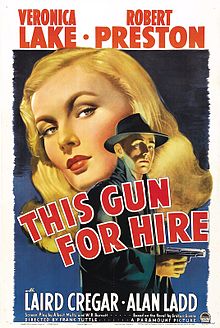
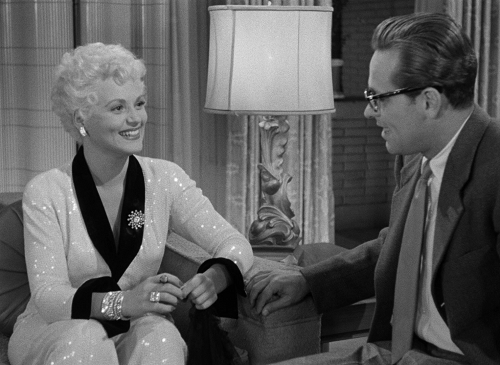
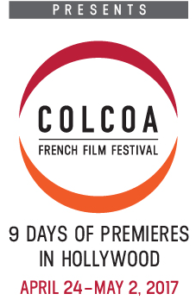
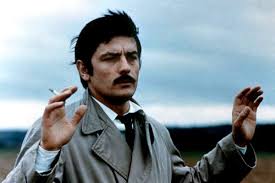
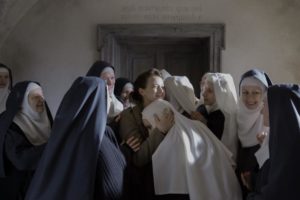
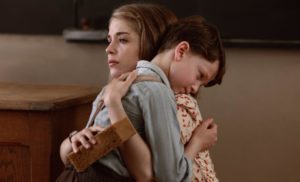
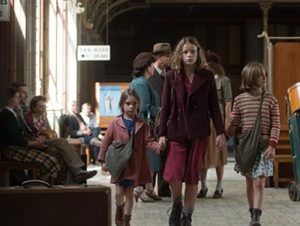
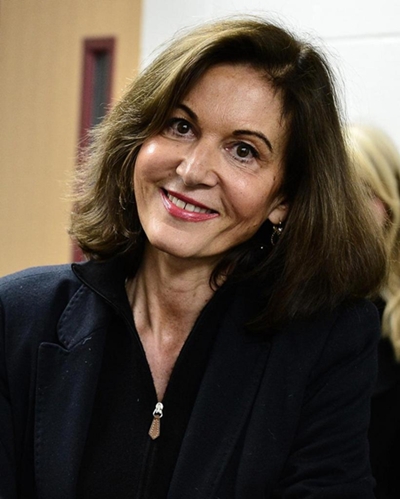
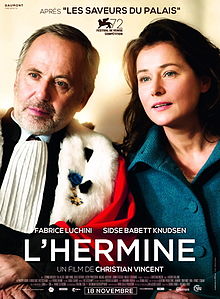
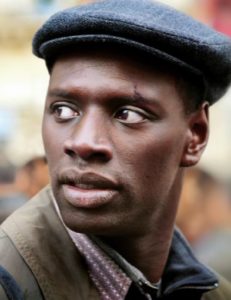
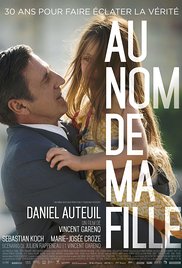
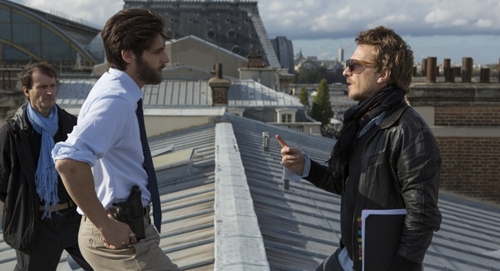
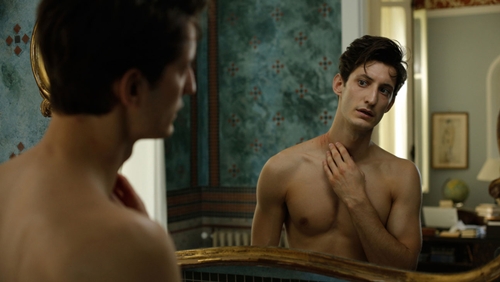
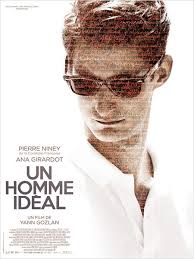


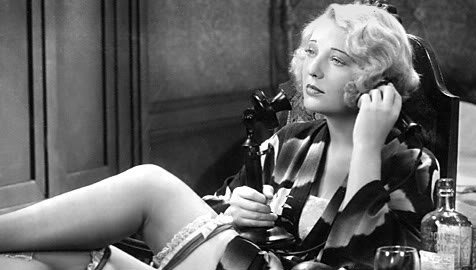
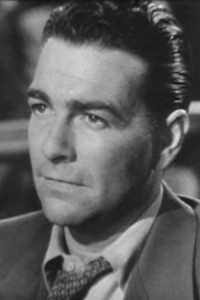





From FNB readers